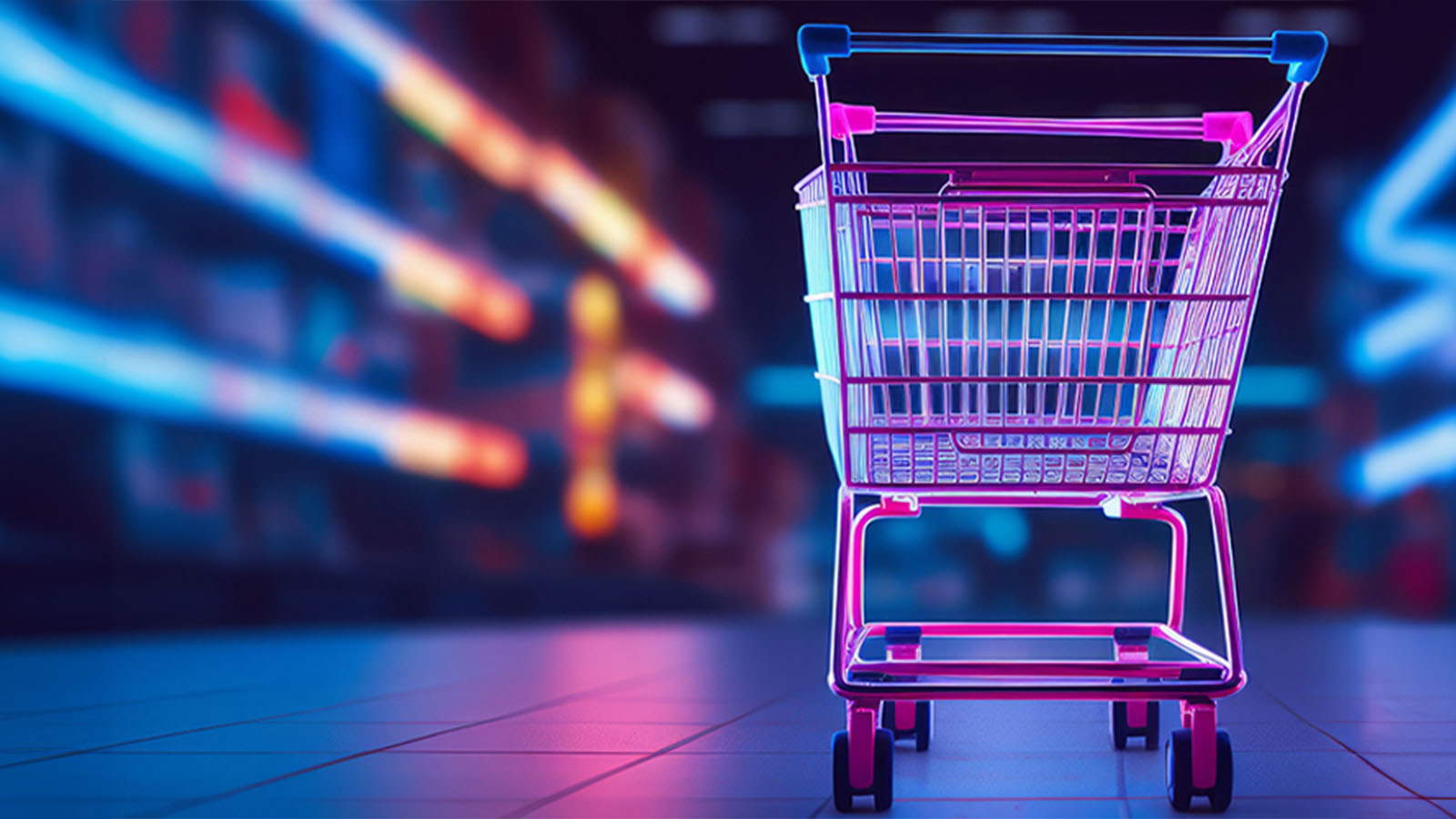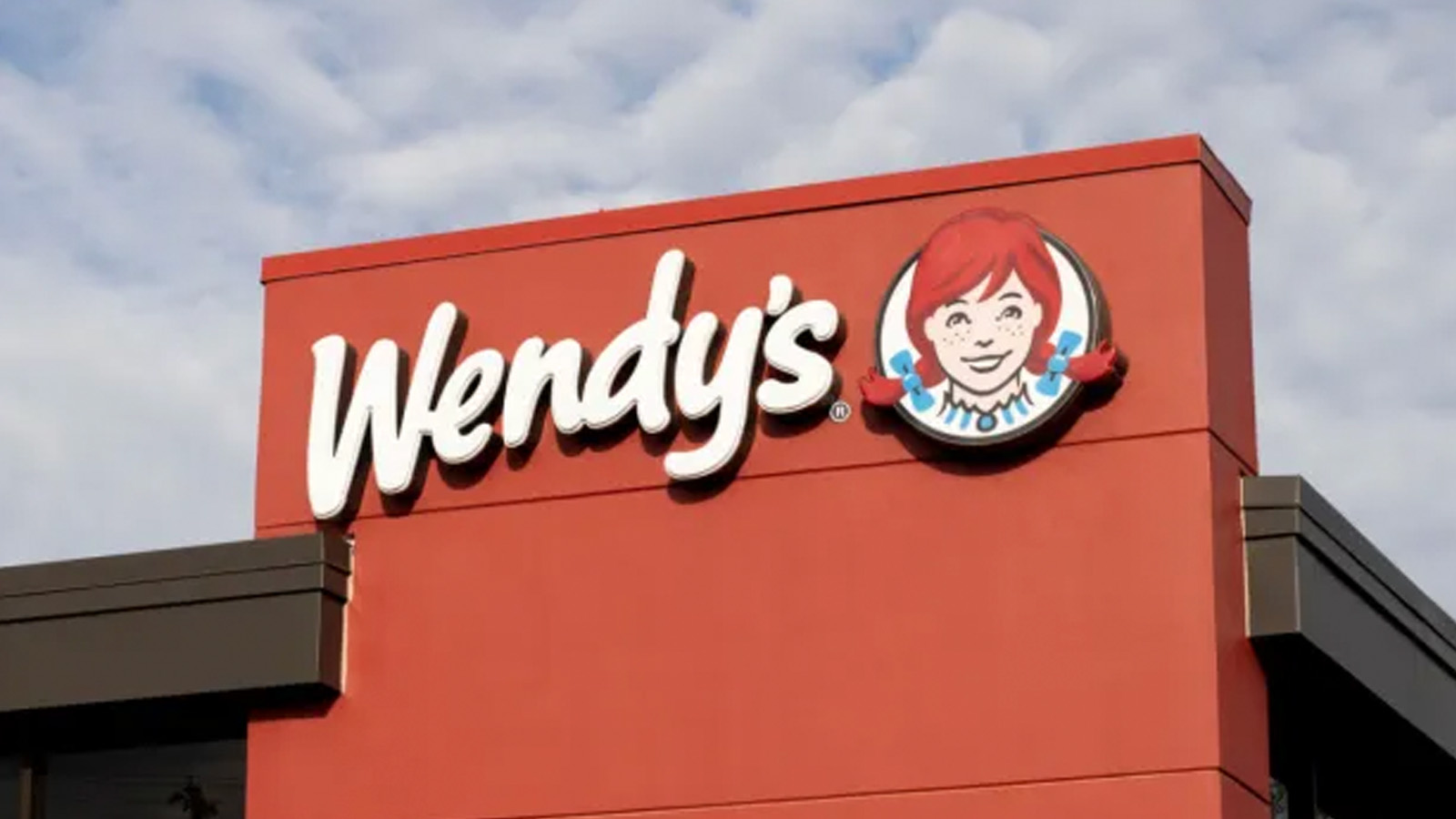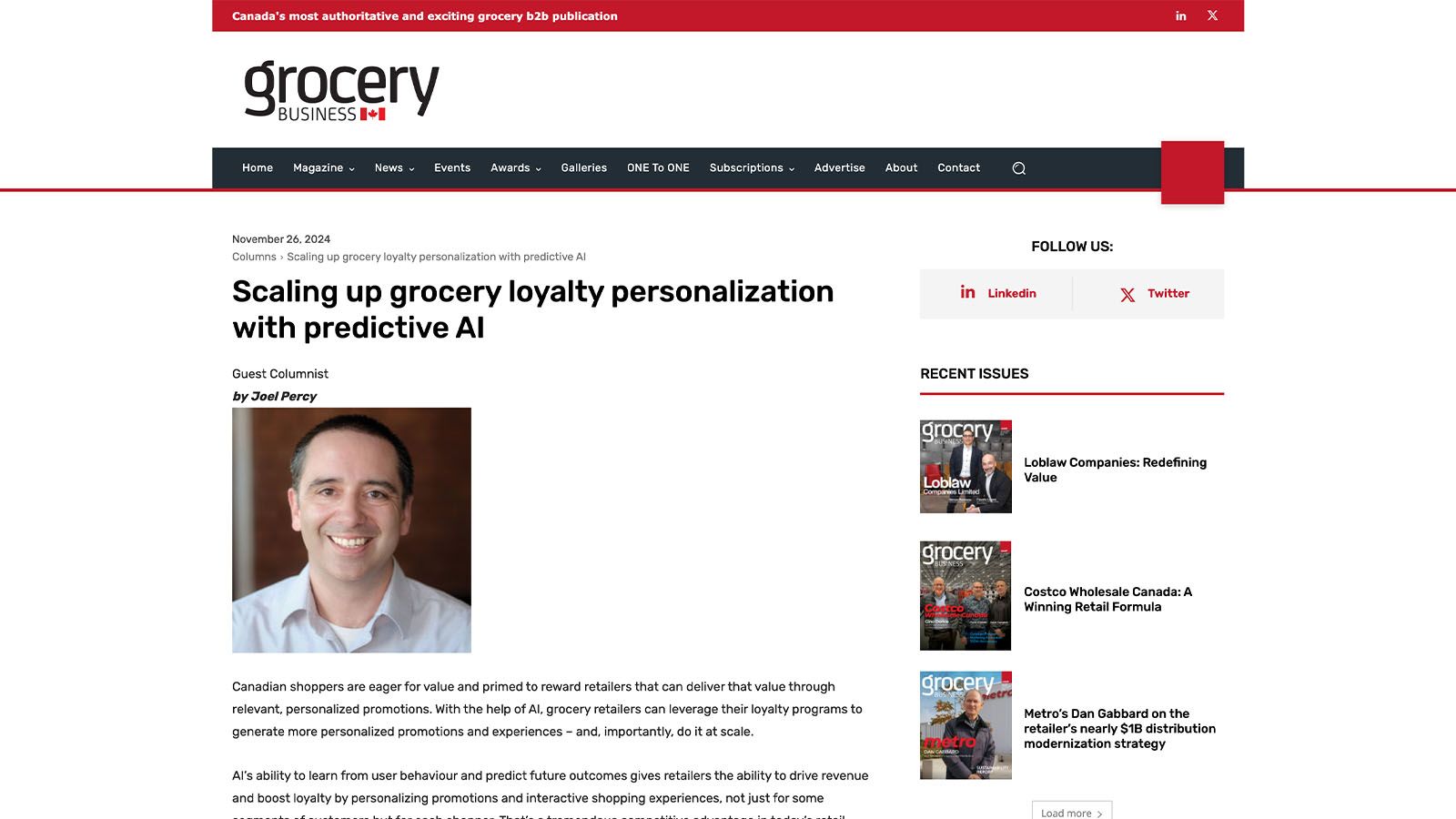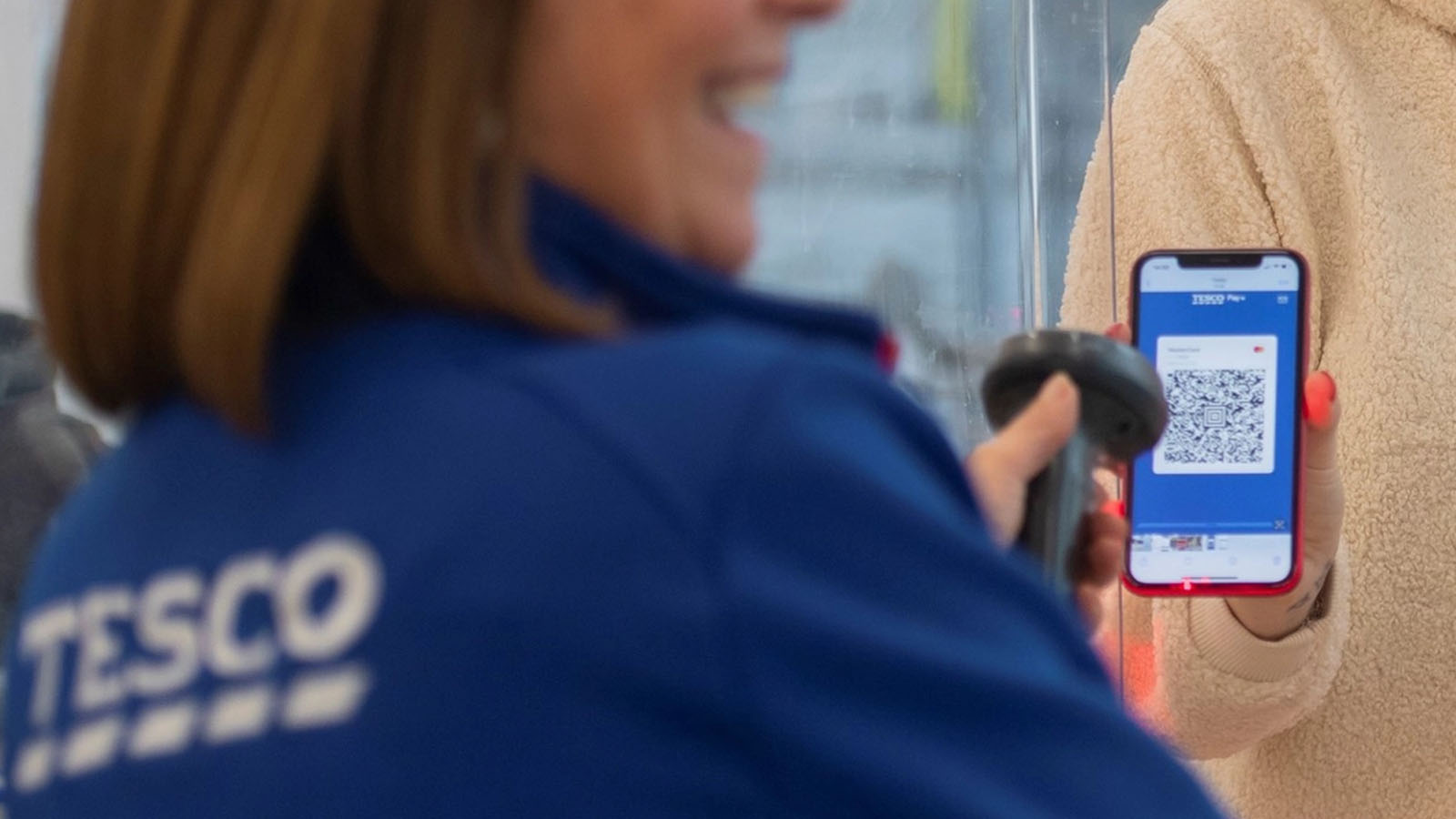1 min read
Wendy's Launches AI Loyalty Platform for Personalized Rewards
Learn how Wendy's AI Loyalty Platform uses predictive analytics to tailor rewards, boost retention, and enhance digital engagement.
Get the latest insights, research and news delivered straight to your inbox.
Plus, enter to win the 2nd edition of Omnichannel Retail by Tim Mason & Sarah Jarvis!
No spam. We promise. 💜
AIR Platform: Loyalty & personalization for retailers
Eagle Eye's AI-powered platform unifies loyalty management and 1-to-1 personalization. Capture first-party data, deliver personalized experiences at scale, and measure results. Trusted by leading grocery, fashion, and hospitality brands.
AI Personalization Science→
Unlock the full value of your customer data with AI you can trust, built for retailers to deliver personalization at scale
Real-Time Loyalty→
Build lasting loyalty with a proven engine trusted by leading omnichannel retailers
Omnichannel Promotions→
Drive growth where it counts with the most flexible promotions platform in retail
Learn, explore, and stay ahead
Insights, guidance, and tools to help retailers and partners get more from loyalty and personalization.
Featured content
The A-Z of Customer Loyalty→
A practical guide to building loyalty leadership in 2026 - from AI-powered personalization to real-time decisioning and ROI.
Investor relations
Find results, reports, regulatory announcements, and corporate governance information for Eagle Eye Solutions Group plc.
Featured content
2025 Annual Report→
Company performance, governance, and investor information in one place.
Built for retailers operating at scale
Powering loyalty, personalization, and promotions across complex, multi-channel retail environments.
Giant Eagle case study→
Transformed myPerks into a real-time, scalable loyalty platform, powering millions of personalized offers and faster, more flexible campaign execution.
Tesco case study→
Delivered AI-driven personalized challenges to millions of Clubcard members, increasing engagement and proving 1:1 marketing can scale.
See all our case studies→
Built to partner at scale
Working with technology, solution, and integration partners to help retailers deliver smarter loyalty and personalization.
Become a partner
Explore how we work with partners to build, integrate, and scale loyalty and personalization for retailers.
We're the personalization people.
Our technology helps retailers design and manage world-class loyalty programs that capture rich first-party data - and then applies built-for-retail AI to deliver 1:1 personalization at scale.
4 min read
 Jean-Matthieu Schertzer
May 1, 2024
Jean-Matthieu Schertzer
May 1, 2024

Imagine a supermarket that can predict what shoppers will buy before they enter the store? That’s the potential power of artificial intelligence (AI) within the grocery sector.
AI software analyzes massive amounts of data, providing grocers with insights beyond just numbers. It's like having a super-powered inventory manager and marketing team rolled into one. AI has the potential to be a win-win scenario for grocers and their customers, leading to more convenient, efficient, and satisfying shopping experiences. How can AI be implemented to achieve these mutual benefits?
Today’s shoppers want personalization; according to our 2023 report, Grocery’s Great Loyalty Opportunity, 60% said it was "very" or “extremely” important to receive personalized offers, and 84% believe personalized offers save them money. With the help of AI, grocers can deliver on that need by leveraging data to deliver individually targeted offers, build emotional connections, and elevate customer loyalty in a crowded market. But they also face loyalty program hurdles: thin margins, generic rewards, and rampant competition. AI can resolve many of these pain points.
The most transformative power of AI may lie in 1-to-1 customer personalization. As grocers pursue true 1-to-1 personalization at scale, AI empowers retailers to become more data-driven and customer-centric, translating to a more personalized shopping experience for customers and increased efficiency and profitability. What does that AI-powered grocery shopping experience look like? Think of targeted coupons with optimized prices for deals adjusted in real-time to boost sales and reduce waste.
Empty shelves and generic discounts can be a thing of the past as more grocers embrace AI to understand customers’ needs better than ever. AI analyzes vast amounts of data, including purchases, demographics, and social media sentiment, to create highly targeted promotions and loyalty initiatives.
AI can also optimize inventory management, which can be an issue for grocers. As the past few years of supply chain challenges and unanticipated demand spikes have highlighted, grocers are at constant risk of foregoing revenue due to out-of-stock items and keeping operating capital locked up in excessive inventory. By analyzing the weather, local trends, and social media, AI can help stores predict demand and ensure the right products are always in stock, minimizing waste and maximizing sales. Even product placement gets smarter. AI analyzes traffic patterns to create "heat maps" that show where shoppers linger. This helps stores strategically place high-demand items and group complementary products to encourage impulse buys.
Beyond physical stores, AI is transforming online grocery delivery. In "micro-fulfillment centers," robots directed by AI pick and pack online orders, making the process faster and more efficient. And for shoppers’ in-store questions, AI-powered chatbots are available 24/7, offering instant responses about products, promotions, and locations.
Taking personalization one significant step further, AI unlocks the "why" behind purchases, analyzing factors like frequency, time of day, and even what items are purchased together. AI can predict future needs, like offering discounts on charcoal to shoppers who usually buy grilling meats with their burger purchases. It personalizes offers based on local events, sending party supply deals to shoppers who stockpile chips and soda before holidays and game days.
AI provides this unique nuance, allowing grocery retailers to avoid bombarding shoppers with irrelevant offers. As AI learns from behavioral buying patterns, rewards and discounts can become more relevant, creating deeper engagement and loyalty. It’s a shift from generic loyalty programs to ones designed for individual customers.
For grocers who want to elevate engagement, the nuance advantage allows them to differentiate themselves through unique loyalty programs and targeted promotions, thereby boosting sales. By leveraging the data grocers already have available, AI personalizes retail marketing, transforming it from mass campaigning to deftly targeting individual customers with relevant offers and engaging loyalty experiences.
Several grocers are already committed to AI-powered personalization, and they’re reaping the rewards. Two examples of AI in action within the grocery sector include Carrefour, one of the world’s largest food retailers, which launched Carrefour’s Challenges last year in partnership with Untie Nots (part of the Eagle Eye Group). This gamified loyalty initiative uses AI to tailor reward thresholds and challenge goals based on member purchase history and preferences and has been an unqualified success for the French grocery chain.
Customers receive "challenges" with custom thresholds and goals, like discounts on frequently bought items. Carrefour uses AI to gamify shopping, incentivizes engagement through promotions, and leverages predictive analysis to trigger the next desired action. The personalization platform also matches the right thresholds and goals to the right customers and works seamlessly at scale across all channels, creating incredible value.
ASDA, the UK retailer that is another early AI adopter, launched its highly successful loyalty program, ASDA Rewards, in 2022. The program, which already has over 6 million active members, allows customers to earn pounds instead of points. And gamification is the critical program trigger where customers must meet product, spend, and frequency targets to earn cash.
In 2023, ASDA elevated its customer engagement strategy by introducing additional AI-powered gamified elements called "Spin-to-Win" and "Scan-to-Win" to the value proposition. These interactive games add an exciting twist to the shopping experience and have contributed to the results generated by ASDA Rewards, which now account for nearly half of all ASDA’s revenue.
Earning and keeping customer loyalty is crucial in the highly competitive grocery sector. AI can play a pivotal role in achieving this by analyzing vast amounts of data to help grocers understand and predict what customers might want next—and when they want it--thereby reducing waste and ensuring availability.
More than just optimizing inventory, AI transforms customer interactions through personalized communication and offers. By customizing marketing messages and loyalty rewards to align with individual behaviors and preferences, AI ensures customers receive a shopping experience that feels exclusively tailored to them. This strategic use of technology elevates customer satisfaction and delivers a sense of unique value to an individual shopper.
Using AI to treat customers as individuals at scale is the future of retail marketing, and no category of retailers will benefit more than grocers.
Grocers, already at an advantage with a wealth of customer data from well-established loyalty programs and higher foot traffic and purchase frequency (compared to other retailers), are primed to benefit from predictive AI. The technology allows them to craft shopping experiences that feel uniquely tailored to each customer, deepening engagement and loyalty. By embracing this approach, they're not just enhancing relationships with their customers; they're stepping into a new era of retail where personalized everything isn't just a strategy—it's the cornerstone of growth and a new definition of success in the grocery sector.
Get the latest insights, research, and news delivered straight to your inbox.
Plus, enter to win the 2nd edition of Omnichannel Retail by Tim Mason & Sarah Jarvis!
No spam. We promise. 💜

1 min read
Learn how Wendy's AI Loyalty Platform uses predictive analytics to tailor rewards, boost retention, and enhance digital engagement.

1 min read
Joel Percy shares how predictive AI is transforming loyalty in grocery, enabling retailers to scale personalization and improve customer experiences.

1 min read
Tesco unveils AI-powered Clubcard Challenges to boost personalization, powered by Eagle Eye’s technology. Discover what’s new in Tesco’s loyalty strategy.